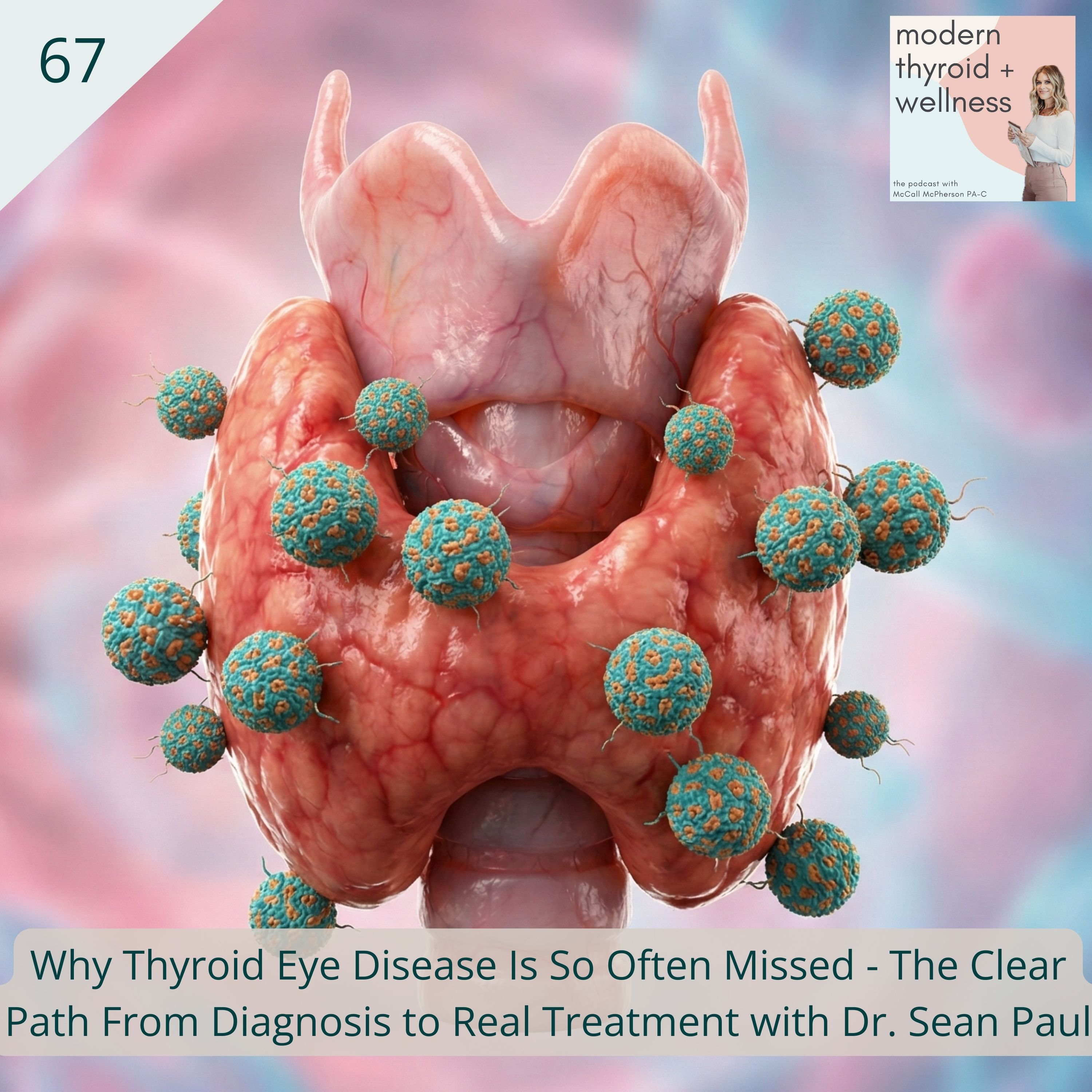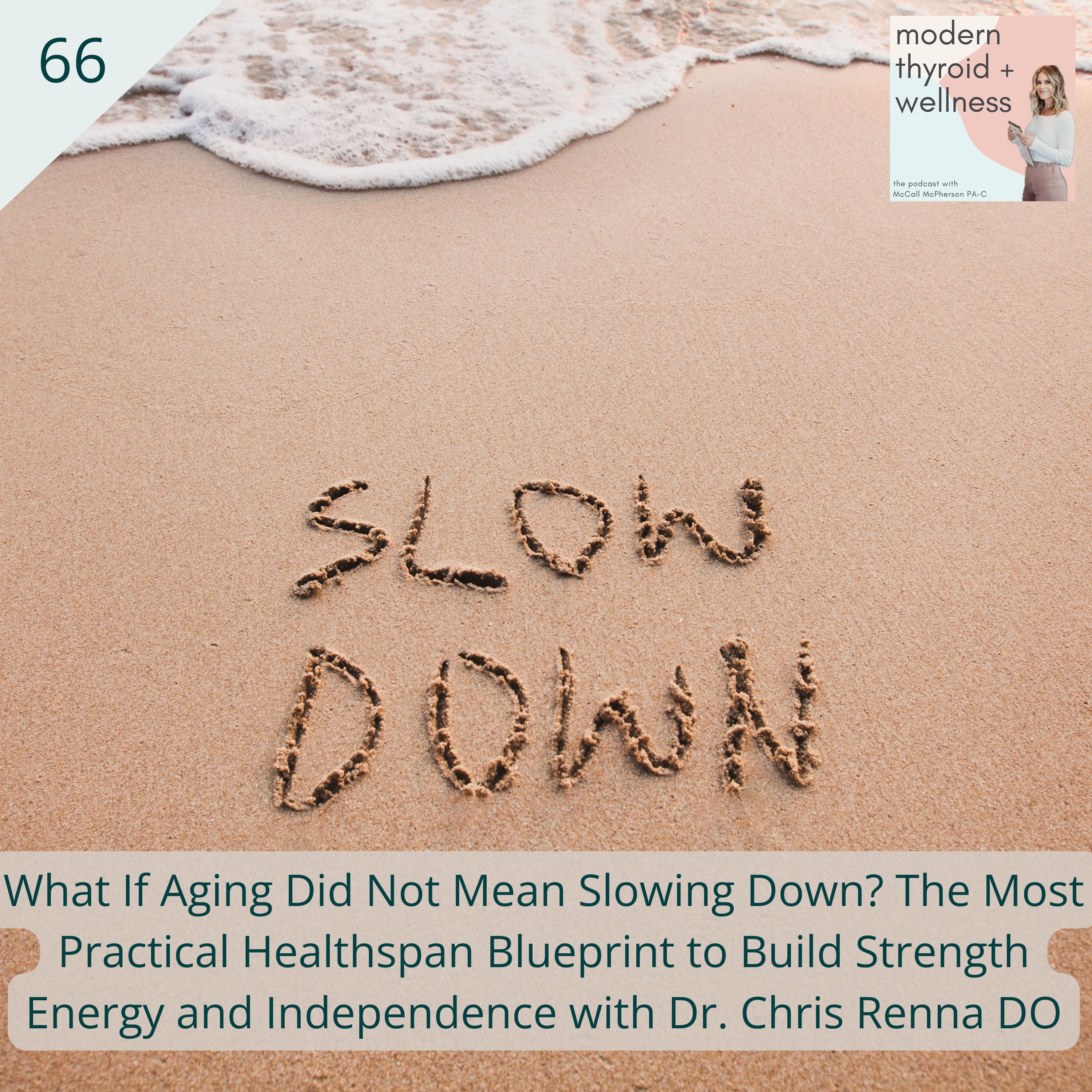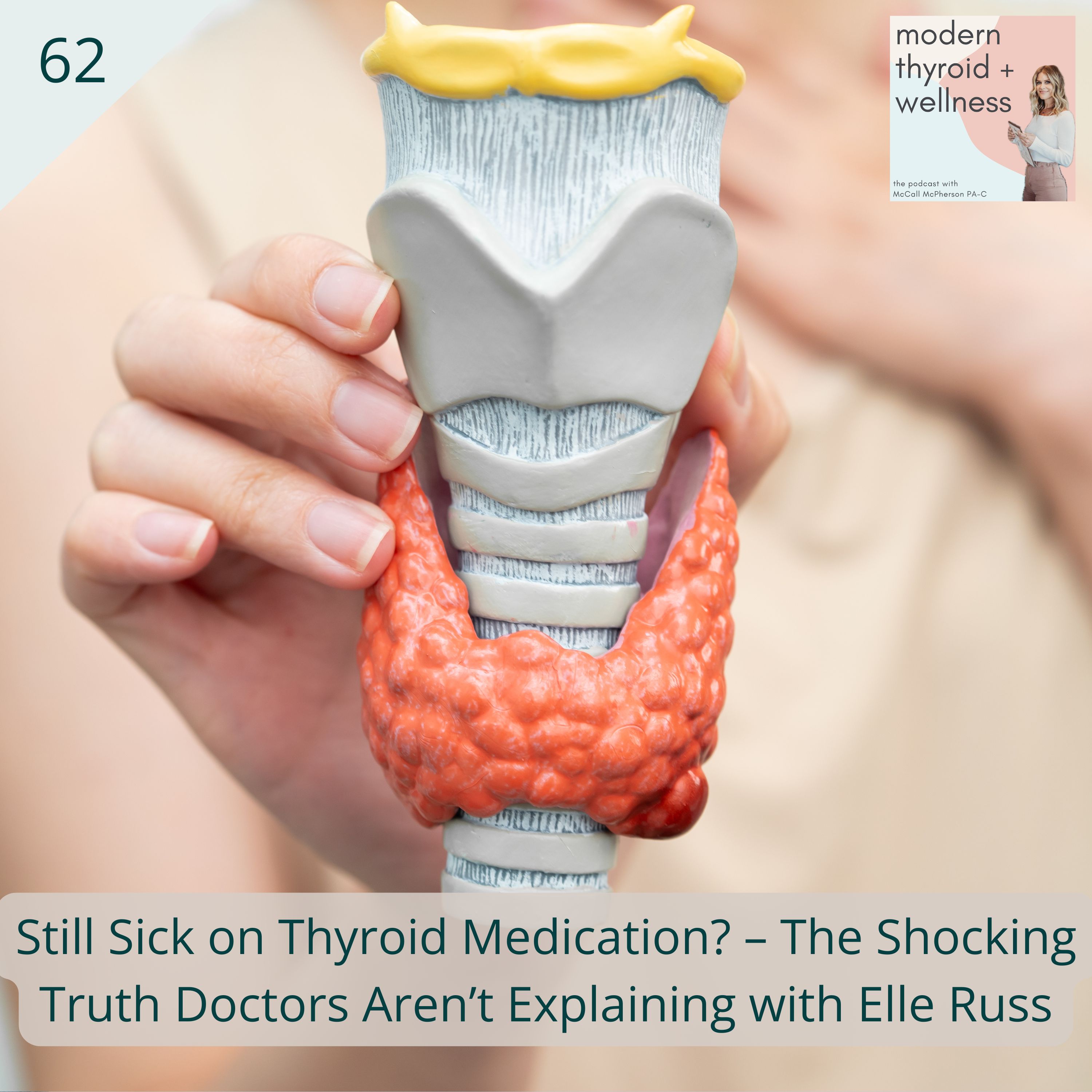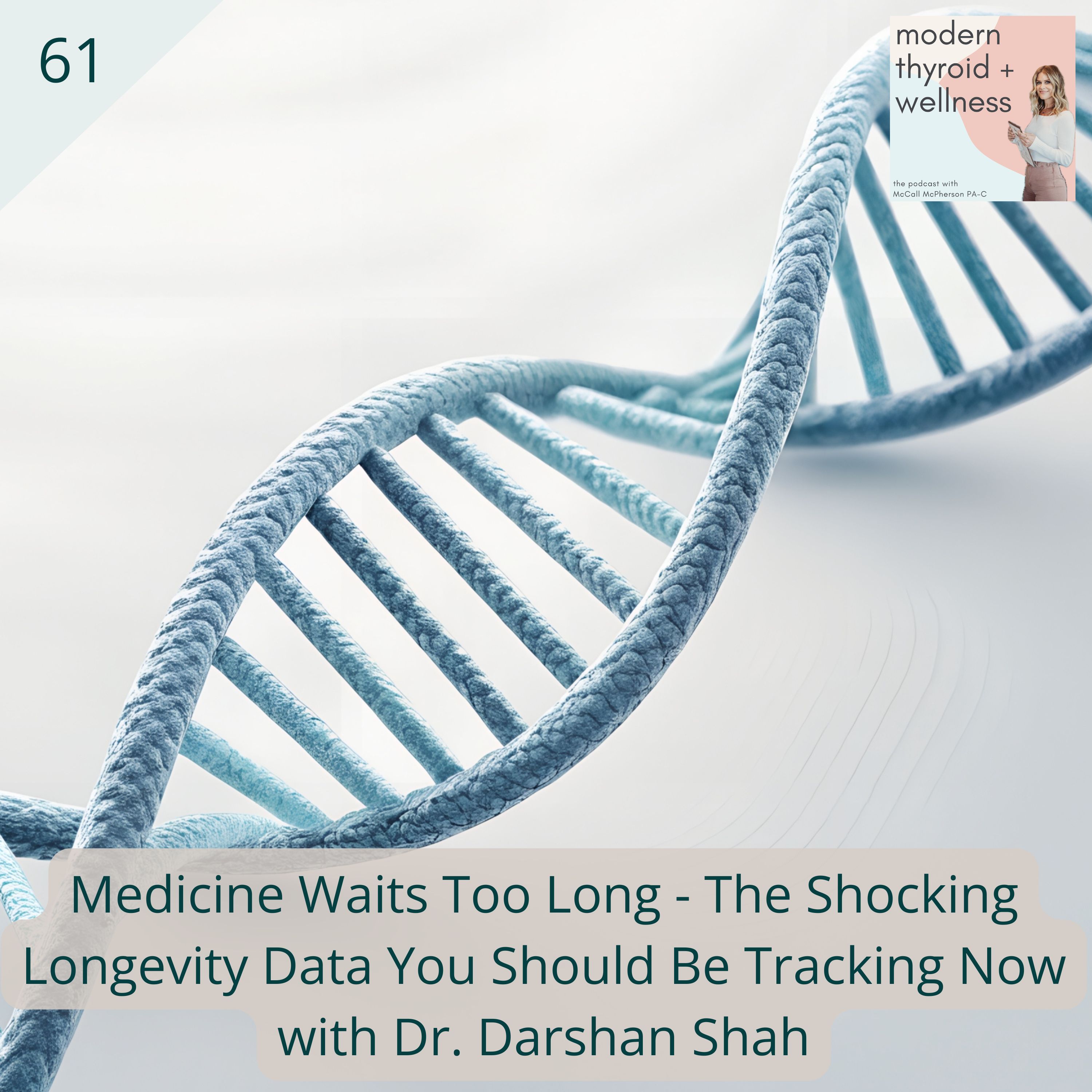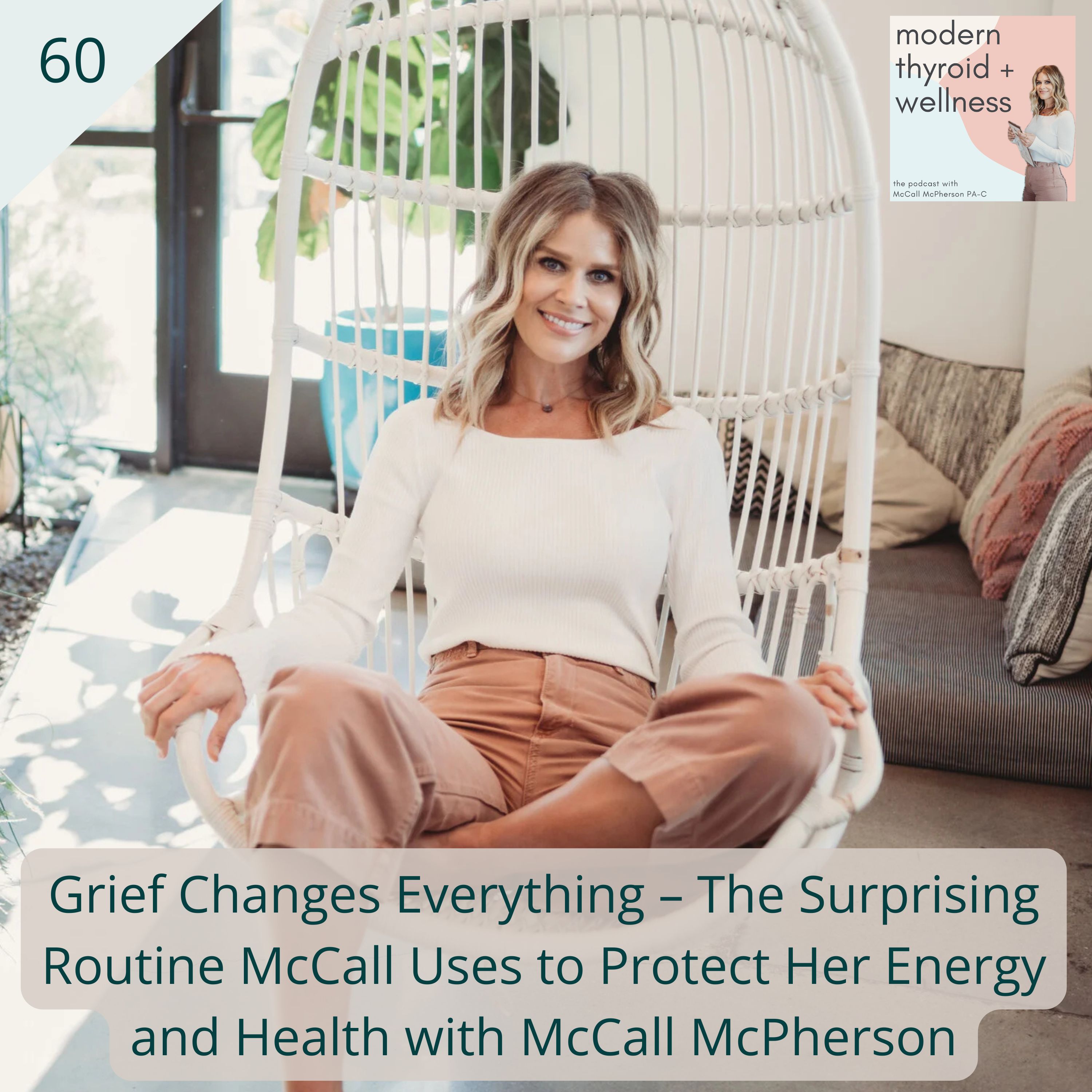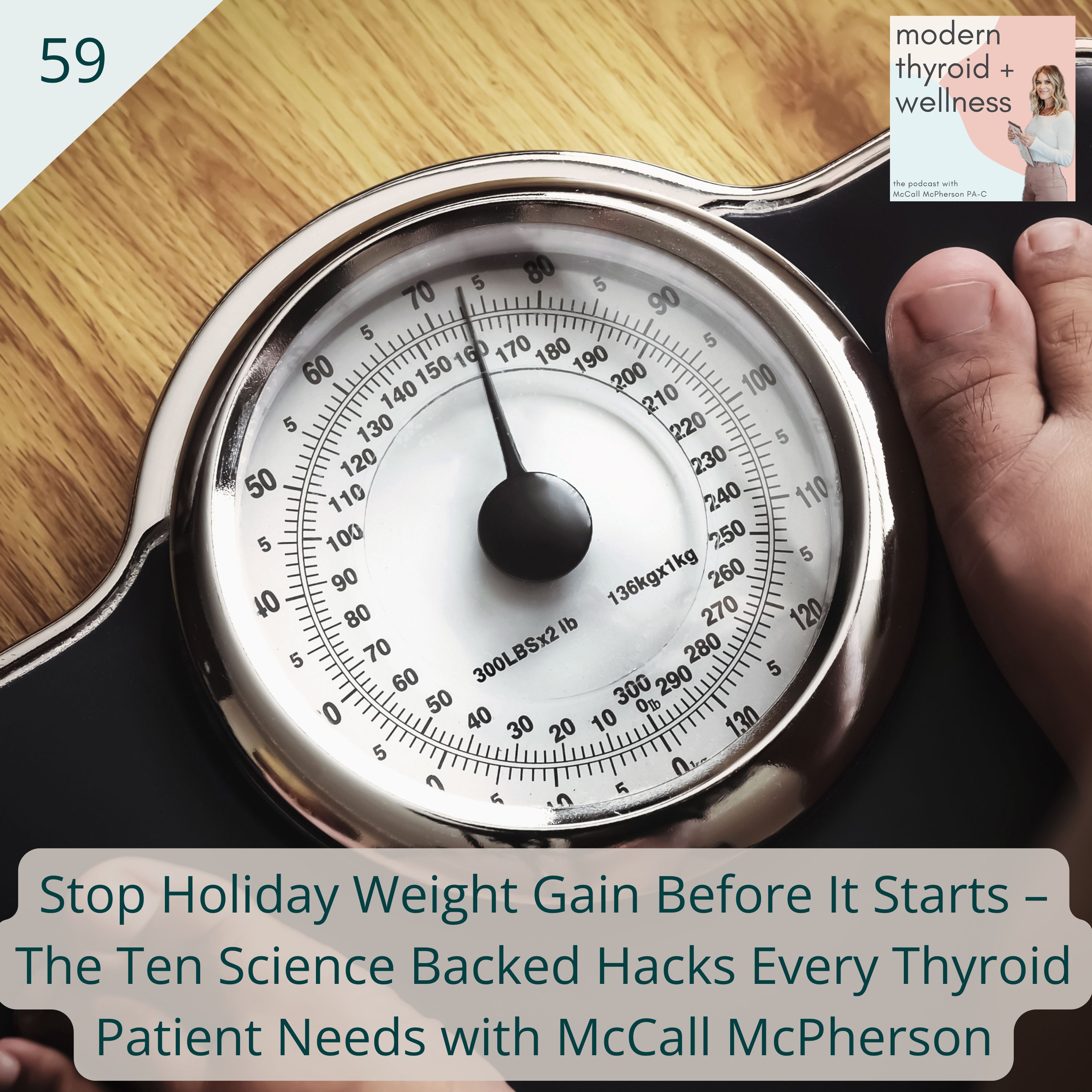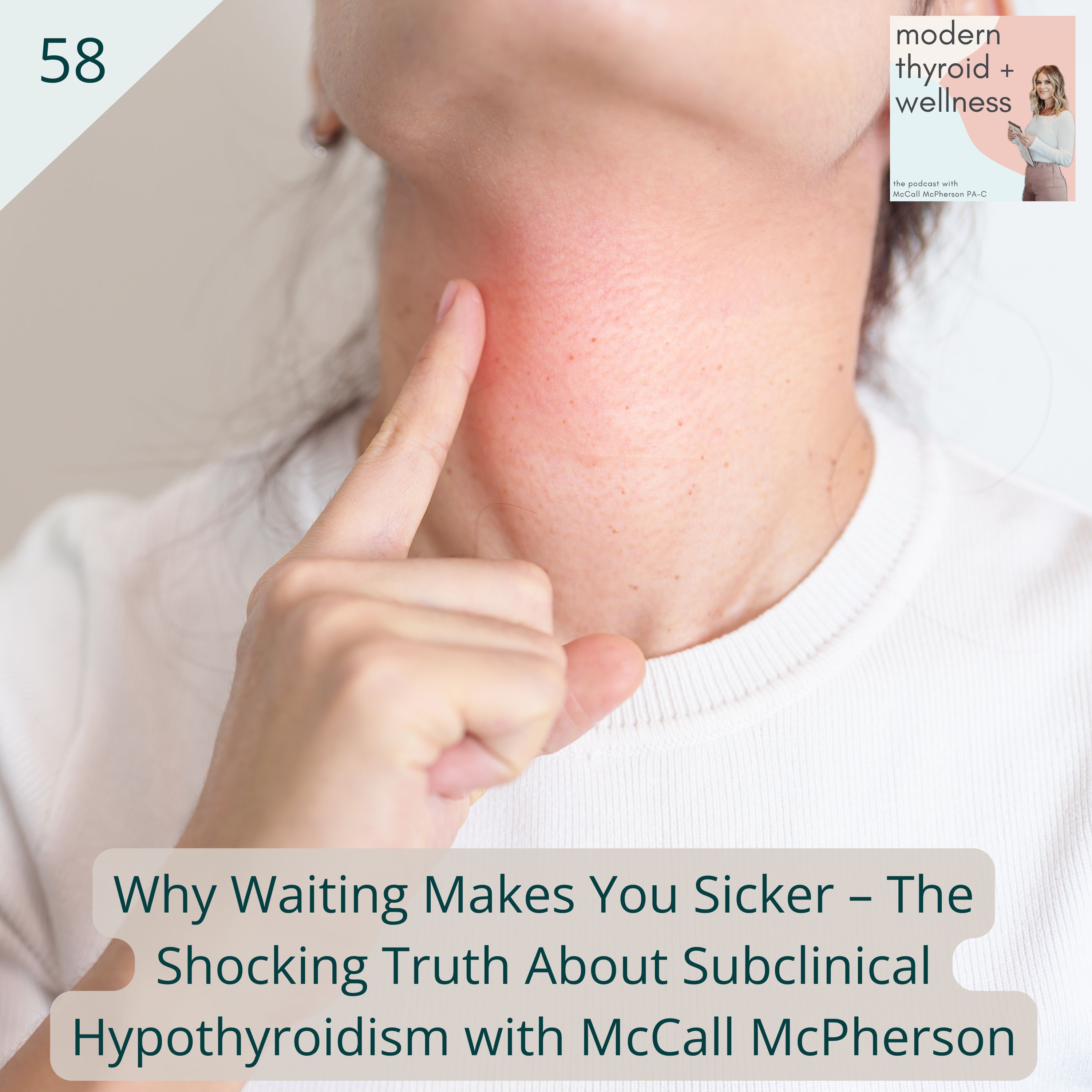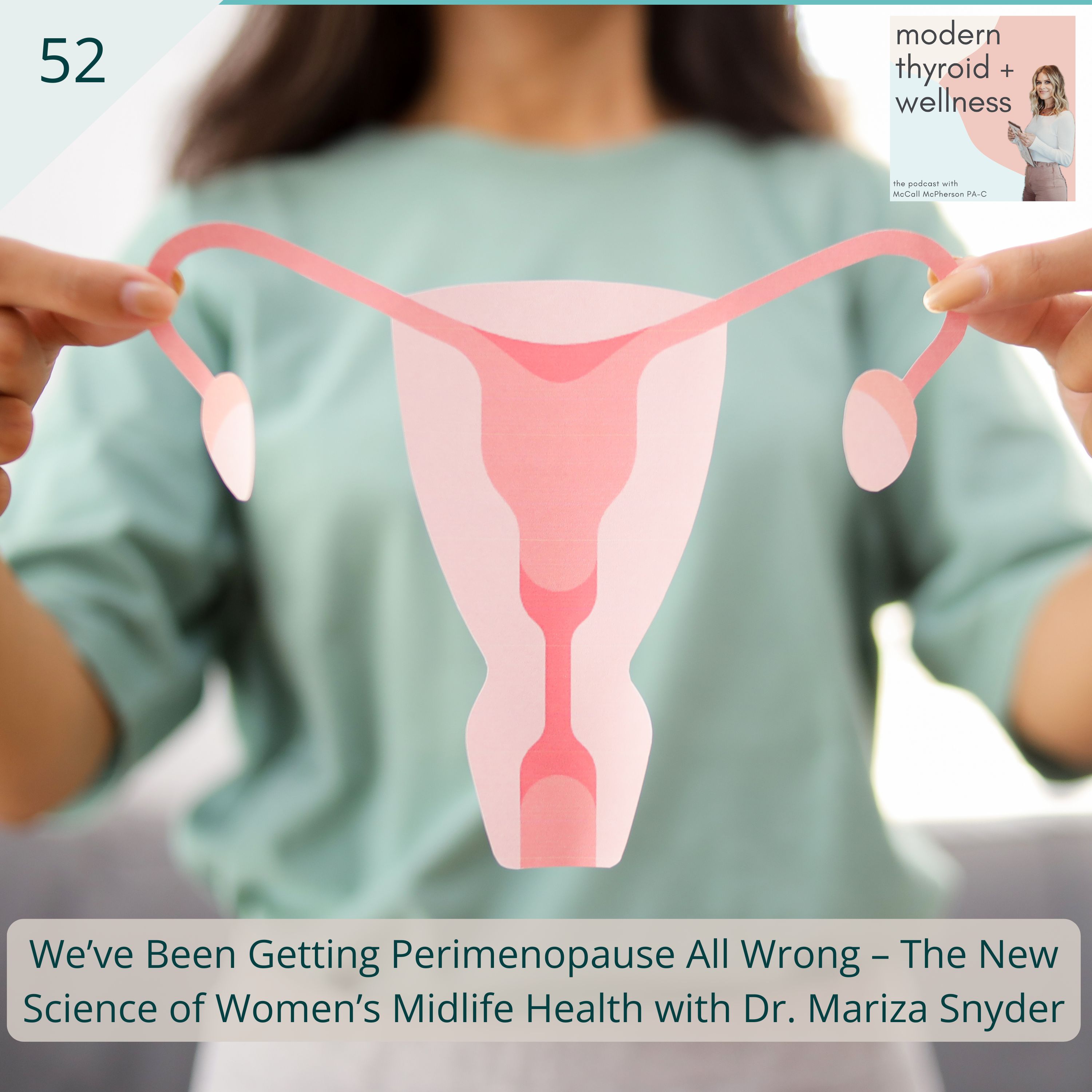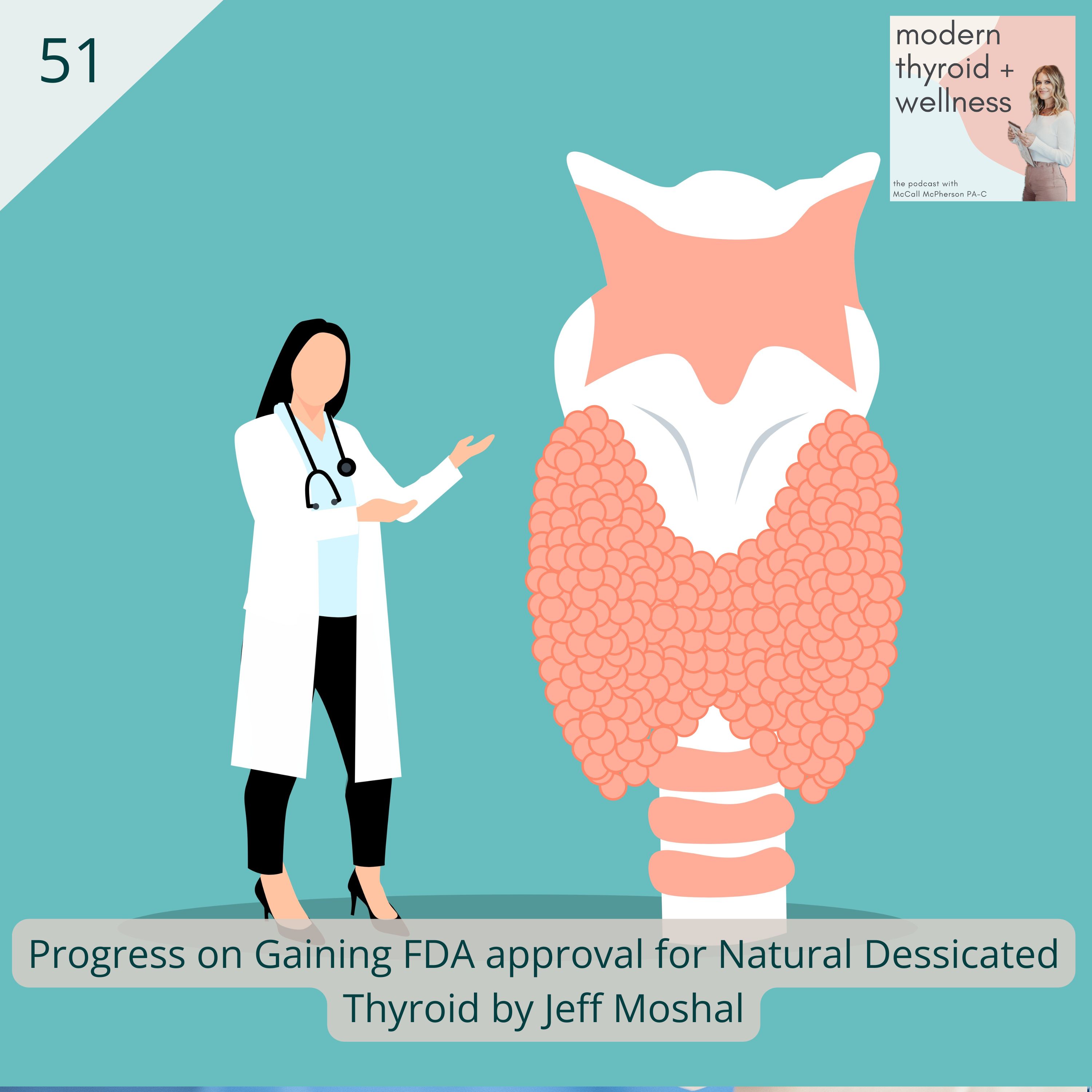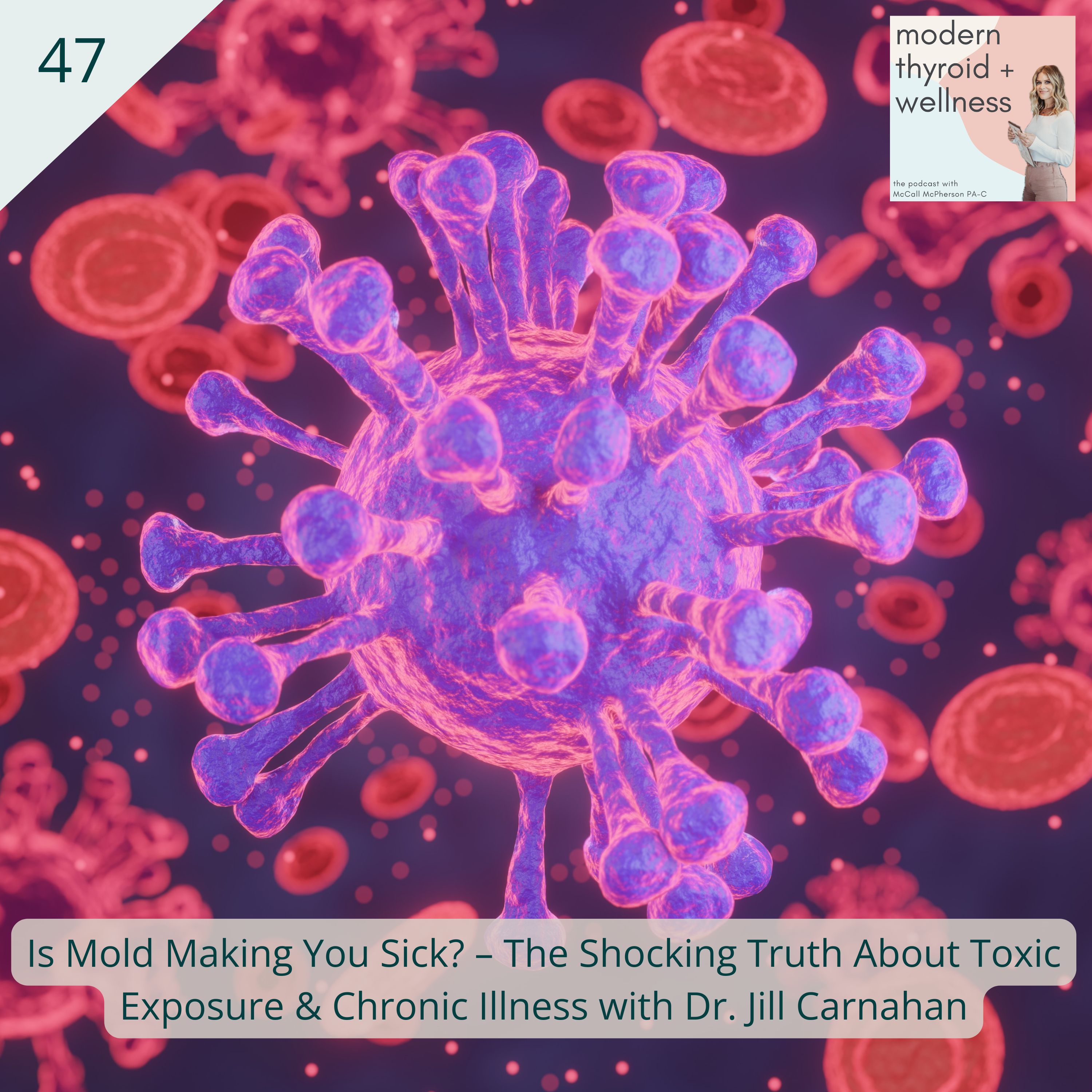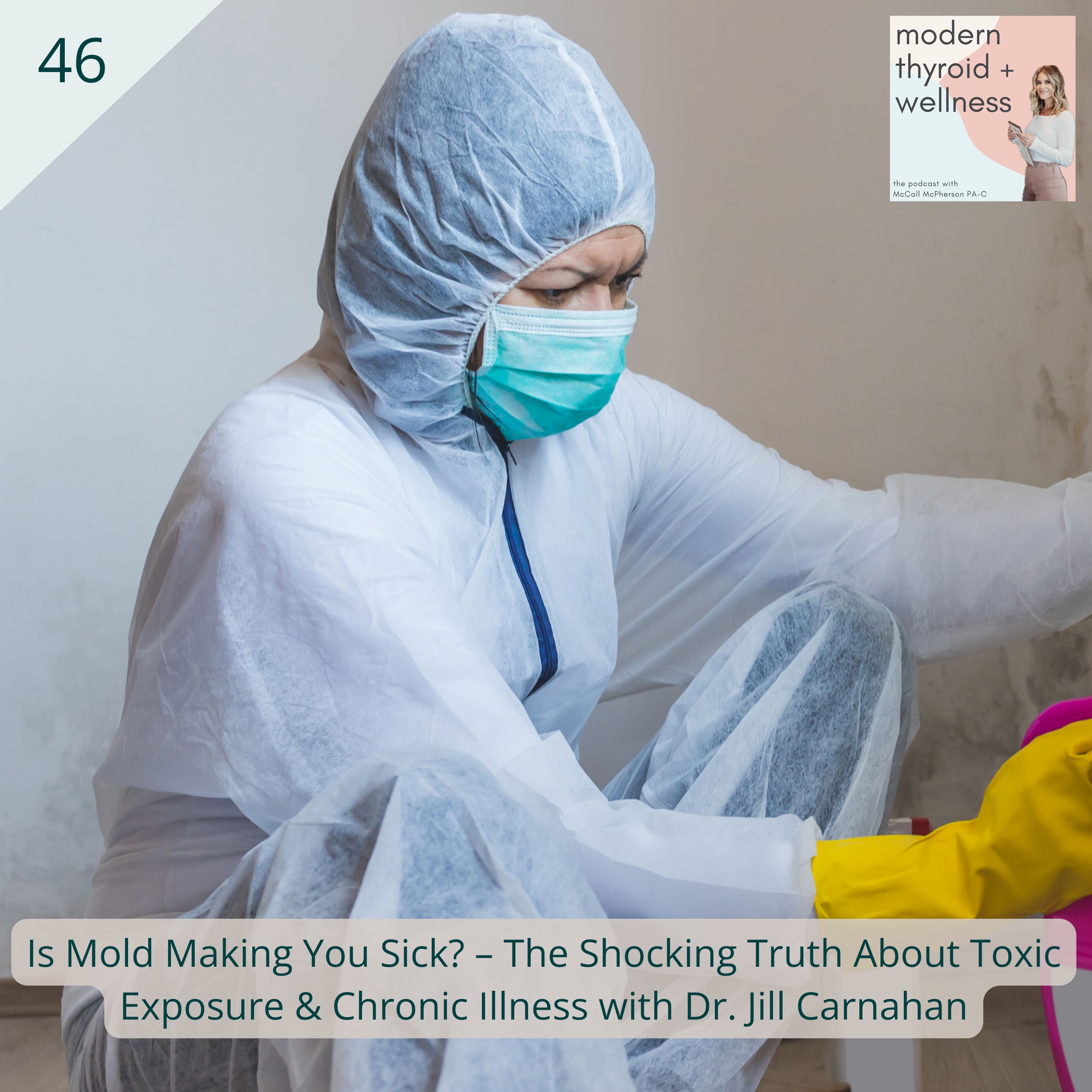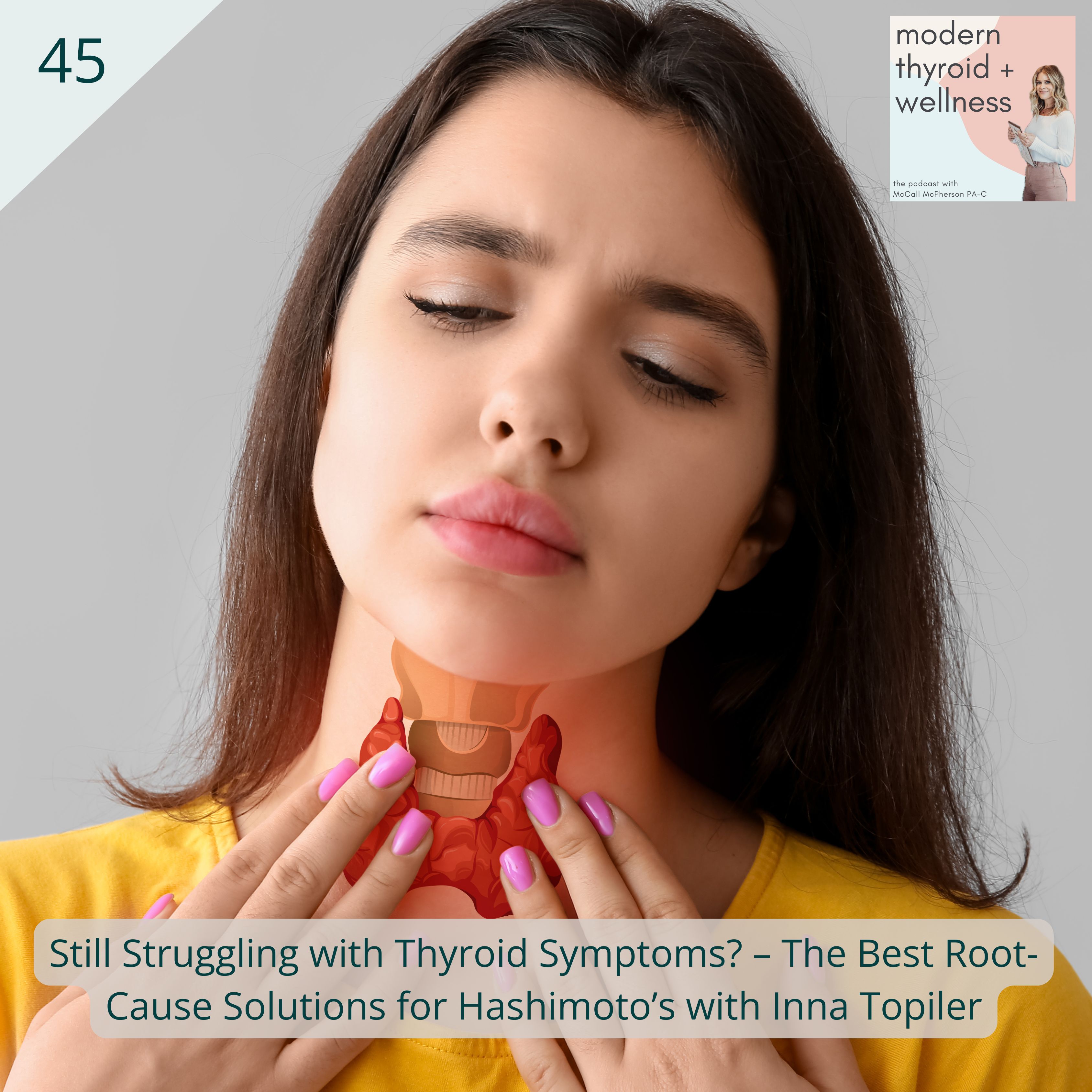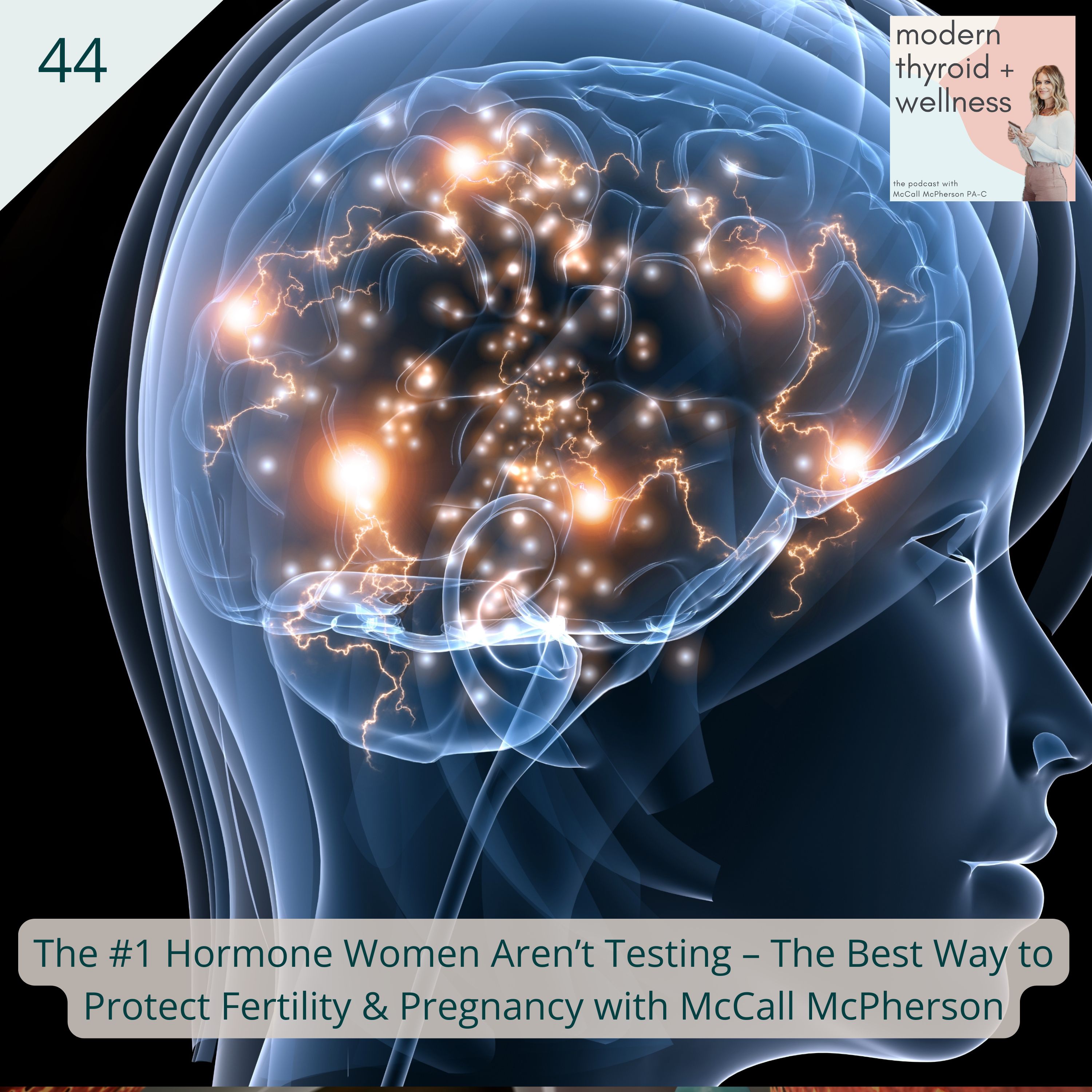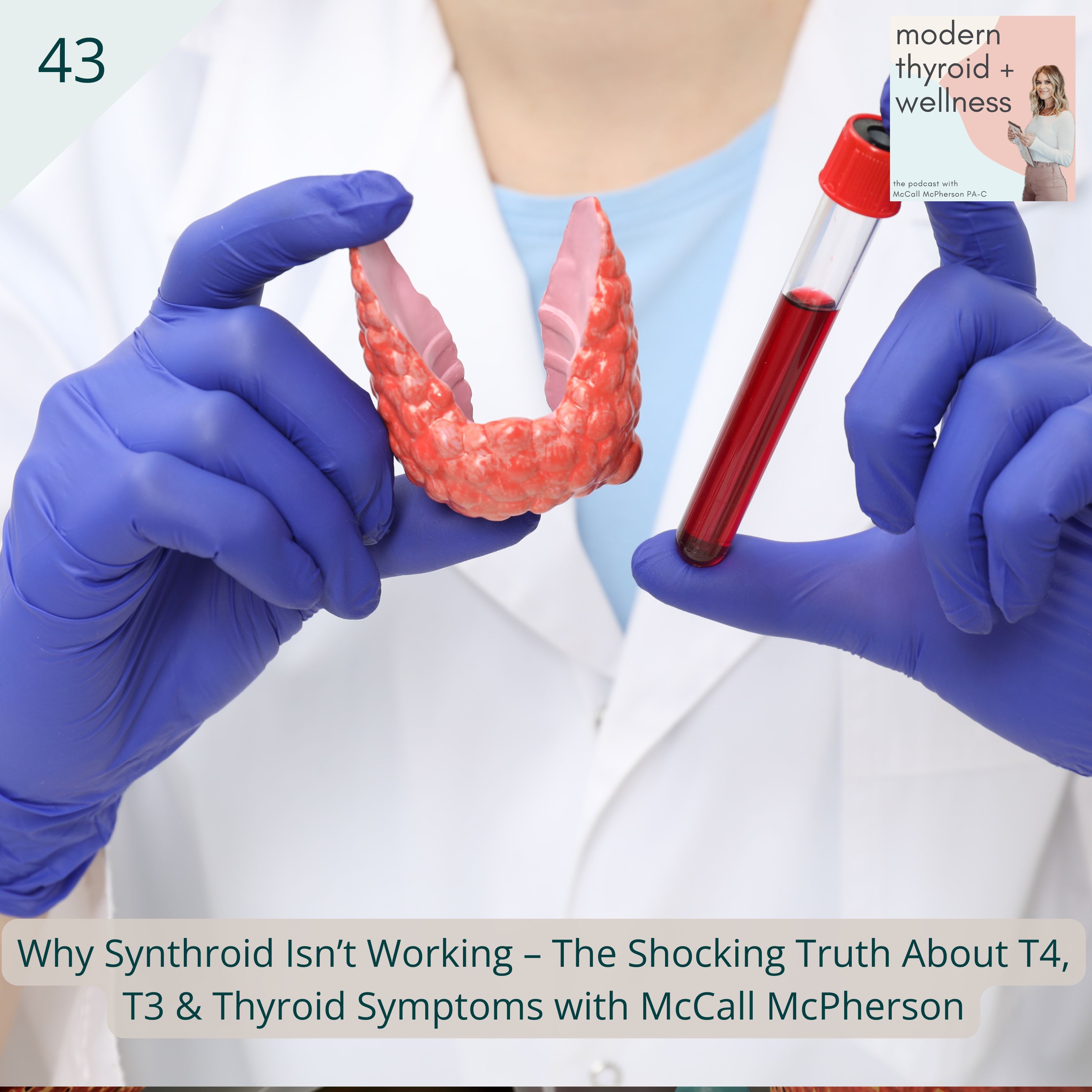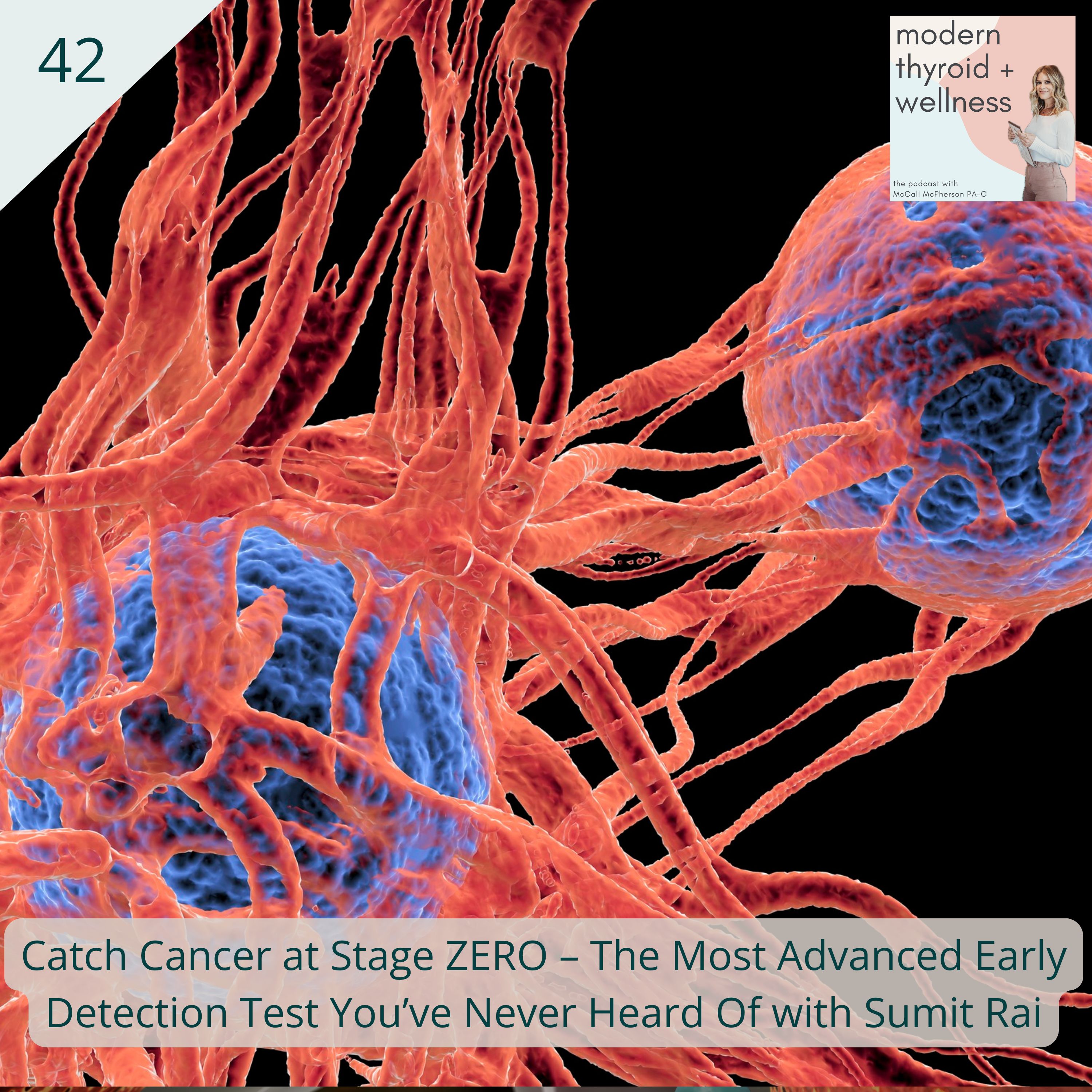From Traditional to Transformative: Dr. Cassie Smith’s Holistic Revolution in Endocrinology
In a healthcare landscape often dominated by quick fixes and prescription pads, Dr. Cassie Smith stands out as a beacon of change. As a dual board-certified physician in endocrinology, diabetes, metabolism, and internal medicine, Dr. Smith’s journey from conventional medicine to a functional, patient-centered approach is both inspiring and instructive. In this episode, Dr. Smith and the podcast host delve deep into the limitations of traditional endocrinology, the promise of holistic care, and actionable strategies for both patients and providers seeking better outcomes.
Below, we break down the main themes and actionable insights from the episode, offering a comprehensive guide for listeners and readers eager to understand—and benefit from—Dr. Smith’s transformative approach.
Table of Contents
- Dr. Cassie Smith’s Journey: From Frustration to Fulfillment
- Modern Endocrine: Building a Holistic Practice
- The State of Endocrinology: Challenges and Opportunities
- Rethinking Thyroid Care: Beyond TSH and T4
- Empowering Patients: Education, Advocacy, and Action
- Expert Tips for Providers: Evolving Your Practice
- Resources and Next Steps
Dr. Cassie Smith’s Journey: From Frustration to Fulfillment
The Problem with Traditional Medicine
Dr. Smith’s early career in primary care and endocrinology was marked by a growing sense of dissatisfaction. She observed a recurring pattern: patients returned with persistent symptoms, often leaving with more prescriptions but little improvement. The focus was on managing numbers—lab values, medication dosages—rather than addressing the root causes of illness.
Key Insight:
“I felt frustrated watching patients return without improvement, often leaving with more prescriptions rather than solutions.”
The Turning Point
In 2020, Dr. Smith faced a crossroads: continue in a system that felt broken, or forge a new path. She chose the latter, diving into functional medicine, attending conferences, and connecting with practitioners who shared her vision for holistic healing.
Actionable Takeaway:
- Reflect on Your Practice: If you’re a provider, ask yourself: Are your patients truly improving? If not, it may be time to reconsider your approach.
Modern Endocrine: Building a Holistic Practice
Creating a Healing Environment
Dr. Smith founded Modern Endocrine with a clear mission: to create a welcoming, supportive space where patients feel heard and cared for. The practice offers therapies such as red light therapy, cold plunge, IV therapy, and nutritional counseling—tools rarely found in conventional endocrinology clinics.
What Sets Modern Endocrine Apart:
- Patient-Centered Care: Every staff member is invested in patient outcomes.
- Comprehensive Testing: Going beyond standard labs to uncover underlying issues.
- Holistic Therapies: Integrating lifestyle, nutrition, and advanced therapies.
Actionable Advice for Patients
- Seek Practices That Listen: Choose providers who validate your concerns and offer thorough evaluations.
- Look for Holistic Offerings: Therapies like red light and IV therapy can complement traditional treatments.
The State of Endocrinology: Challenges and Opportunities
Outdated Training and Guidelines
Dr. Smith highlights a critical issue: medical education and guidelines have not kept pace with emerging science. The focus remains on TSH and T4, often ignoring the crucial role of T3 and the interconnectedness of bodily systems.
Expert Insight:
“Medical training still emphasizes a narrow focus on TSH and T4 levels, often neglecting the importance of T3 and the holistic management of patients.”
The Pharmaceutical Influence
Guidelines are often shaped by pharmaceutical interests, leading to a “one-size-fits-all” approach that may not serve real patients. Dr. Smith points out that even the authors of these guidelines acknowledge their limitations, yet the system remains slow to change.
Actionable Takeaway for Providers:
- Question the Status Quo: Stay informed about the latest research and be willing to challenge outdated protocols.
Rethinking Thyroid Care: Beyond TSH and T4
The Limitations of Standard Thyroid Panels
Most conventional doctors rely on TSH and T4 to assess thyroid health. Dr. Smith argues this is insufficient, as it overlooks T3—the active thyroid hormone essential for cellular function.
Why T3 Matters:
- Critical for Heart and Brain Health: Low T3 is linked to increased morbidity in critical care settings.
- Improved Outcomes: Studies show that T3 supplementation can reduce ICU stays and mortality in acute illness.
The Problem with “Normal” Labs
Patients are often told their labs are “normal” despite ongoing symptoms. Dr. Smith emphasizes that lab ranges are not always reflective of optimal health, and that symptoms should guide treatment decisions.
Actionable Steps for Patients:
- Request a Full Thyroid Panel: This should include TSH, free T4, free T3, reverse T3, and thyroid antibodies.
- Track Symptoms, Not Just Labs: Keep a detailed symptom diary to share with your provider.
Addressing Hashimoto’s and Subclinical Hypothyroidism
- Hashimoto’s Disease: Dr. Smith treats it as a dynamic, environmentally influenced condition, not a static diagnosis.
- Subclinical Hypothyroidism: Waiting for TSH to rise before treating can delay necessary care. Early intervention, especially when symptoms are present, is key.
Empowering Patients: Education, Advocacy, and Action
The Importance of Patient Education
Dr. Smith believes that informed patients are empowered patients. She provides resources, educational materials, and encourages patients to be active participants in their care.
How to Advocate for Yourself:
- Ask Questions: Don’t be afraid to challenge your provider’s recommendations if they don’t align with your experience.
- Seek Second Opinions: If you feel dismissed, find a provider who takes your concerns seriously.
- Utilize Resources: Dr. Smith’s website and upcoming book offer valuable information on hormone and gut health.
Evaluating Your Provider
Dr. Smith suggests a simple litmus test:
“Does your doctor embody the health and vitality you aspire to? If not, it’s reasonable to question the advice you’re receiving.”
Expert Tips for Providers: Evolving Your Practice
1. Embrace Comprehensive Testing
- Order Full Panels: Learn how to interpret and act on comprehensive thyroid labs.
- Stay Curious: If you’re unsure about a result, seek out additional training or consult with colleagues.
2. Prioritize Preventative and Holistic Care
- Go Beyond Symptom Management: Address root causes through lifestyle, nutrition, and stress management.
- Invest in Your Own Health: Providers who model wellness are better equipped to guide their patients.
3. Foster a Supportive Team Culture
- Engage Your Staff: Ensure everyone in your practice is aligned with a patient-centered mission.
- Encourage Collaboration: Work with other providers to deliver integrated care.
4. Challenge Defensive Reactions
- Replace Ego with Empathy: If another provider is achieving better outcomes, approach with curiosity rather than defensiveness.
- Continuous Learning: Medicine is always evolving—commit to lifelong education.
Resources and Next Steps
- Dr. Cassie Smith’s Website: Modern Endocrine – Free resources, educational materials, and updates on her upcoming book.
- Upcoming Book: Focused on the interconnectedness of hormones and gut health—stay tuned for release details.
- Patient Community: Seek out support groups and online communities for thyroid and hormonal health.
Conclusion
Dr. Cassie Smith’s journey is a testament to the power of questioning, learning, and evolving in the pursuit of better patient care. Whether you’re a patient seeking answers or a provider ready to break free from outdated paradigms, her story offers a roadmap for transformation. By embracing holistic, patient-centered care, we can move beyond managing symptoms to truly healing—and thriving.
Ready to take charge of your thyroid health? Start by seeking comprehensive care, asking the right questions, and never settling for “normal” when you know you can feel better.




